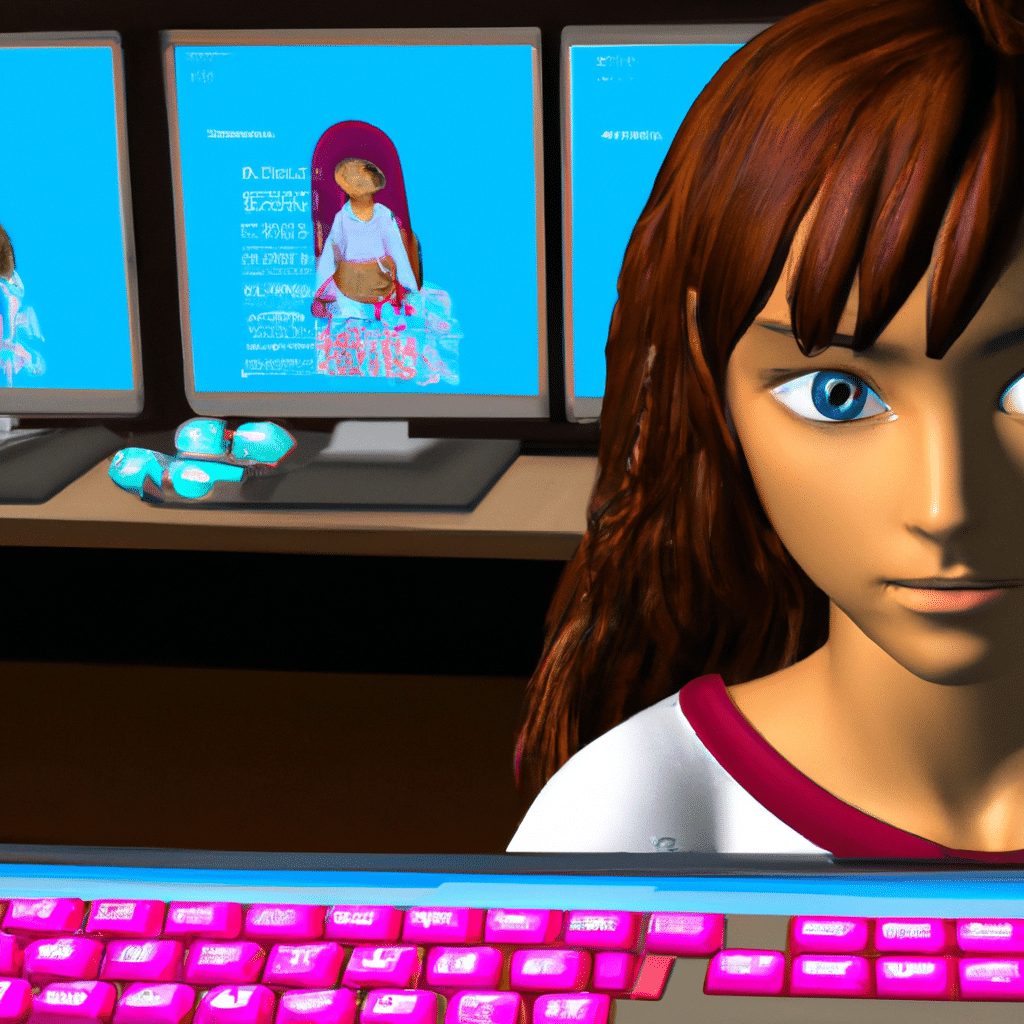As technology continues to evolve, educators are finding new and innovative ways to engage students and make learning more interactive. One of the most exciting developments in recent years has been the use of video games to teach ethics and morality. PC games, in particular, offer a wide range of options for educators to explore, whether they are looking to teach young students about the importance of honesty and integrity or helping older students develop critical thinking skills.
In this article, we will explore some of the best PC games for teaching ethics and morality. We will discuss the key features of each game, as well as the specific skills and values that can be developed through gameplay. By the end of this article, you should have a better understanding of how PC games can be used as a tool for teaching important values and skills.
1. Life is Strange
Life is Strange is an episodic adventure game that follows the story of a high school student named Maxine Caulfield. The game is set in the fictional town of Arcadia Bay, Oregon, and centers around Maxine’s ability to rewind time. As she navigates through the game, Maxine must make a series of choices that affect the outcome of the story.
One of the key features of Life is Strange is its emphasis on the consequences of our actions. The game explores themes such as bullying, suicide, and drug use, and challenges players to think critically about the choices they make. By playing through different scenarios and seeing the outcomes of their choices, students can develop a greater understanding of the impact that their actions can have on others.
2. Papers, Please
Papers, Please is a puzzle and simulation game that puts players in the role of a border inspector in the fictional country of Arstotzka. The game is set in the early 1980s and draws on themes from the Cold War era.
One of the key features of Papers, Please is its focus on ethical decision-making. As players review passports and other documents, they must decide whether to let people into the country or turn them away. The game presents players with a range of moral dilemmas, such as whether to allow a mother to reunite with her child or to uphold the strict border control policies of the government. By playing through these scenarios, students can develop their critical thinking and decision-making skills.
3. This War of Mine
This War of Mine is a survival game set in a war-torn city. The game follows a group of civilians as they try to survive in a world where resources are scarce and danger is everywhere.
One of the key features of This War of Mine is its emphasis on the consequences of war. The game challenges players to make difficult decisions about how to allocate resources and protect their group from harm. By playing through different scenarios, students can develop their empathy and understanding of the impact that war can have on civilians.
4. Undertale
Undertale is a role-playing game that follows the story of a child who falls into an underground world filled with monsters. The game is known for its unique gameplay mechanics and non-linear story.
One of the key features of Undertale is its emphasis on empathy and understanding. The game challenges players to interact with monsters in a non-violent way and encourages them to think about the consequences of their actions. By playing through different scenarios and interacting with different characters, students can develop their empathy and understanding of others.
5. Minecraft
Minecraft is a sandbox game that allows players to build and explore virtual worlds. The game is popular among children and teenagers and has been used in educational settings to teach a range of skills.
One of the key features of Minecraft is its emphasis on creativity and problem-solving. The game challenges players to build structures and solve puzzles using the resources available to them. By playing Minecraft, students can develop their critical thinking and problem-solving skills, as well as their creativity and imagination.
Conclusion
PC games offer a unique and engaging way to teach ethics and morality. By playing through different scenarios, students can develop their critical thinking, decision-making, and problem-solving skills, as well as their empathy and understanding of others. The games discussed in this article are just a few examples of the many options available to educators. By incorporating PC games into their lesson plans, educators can create a more interactive and engaging learning experience for their students.













